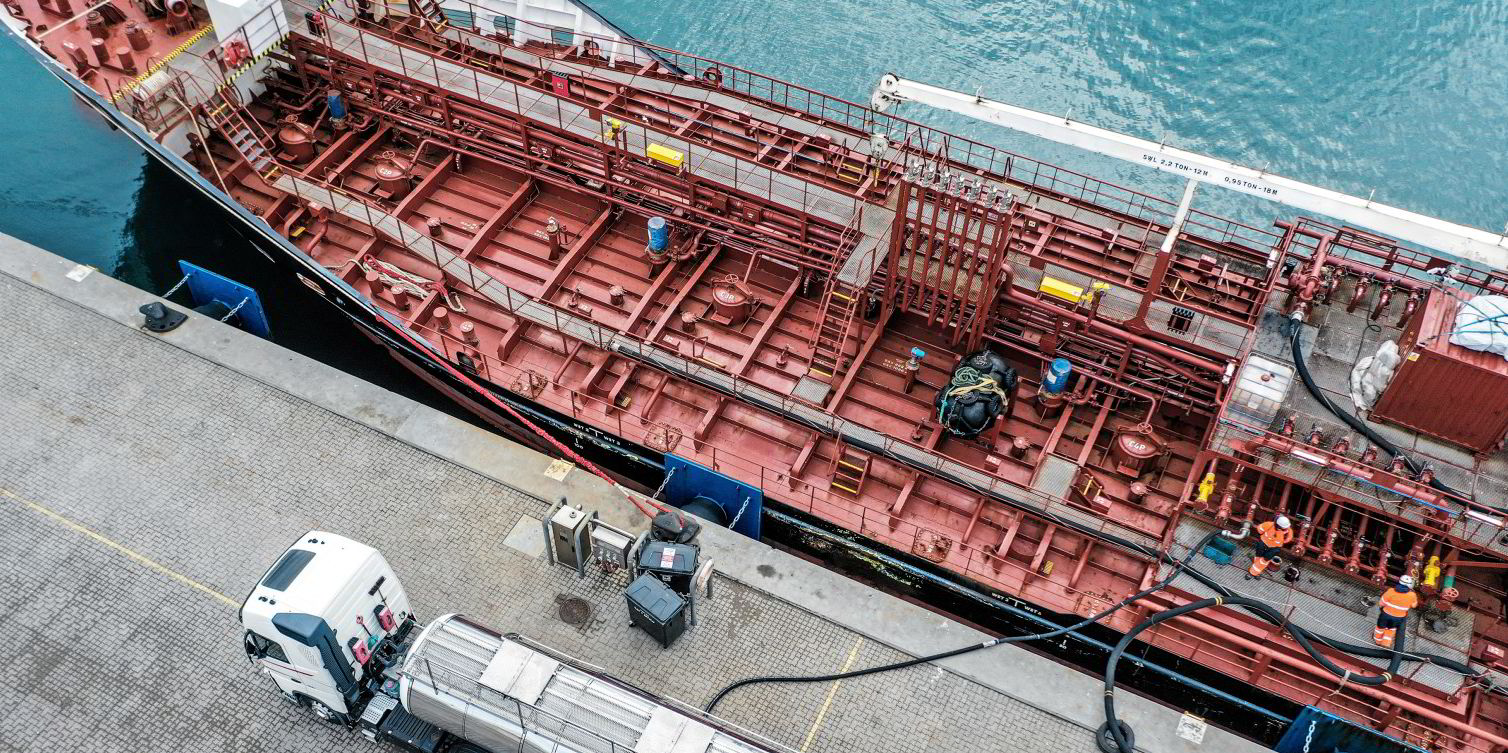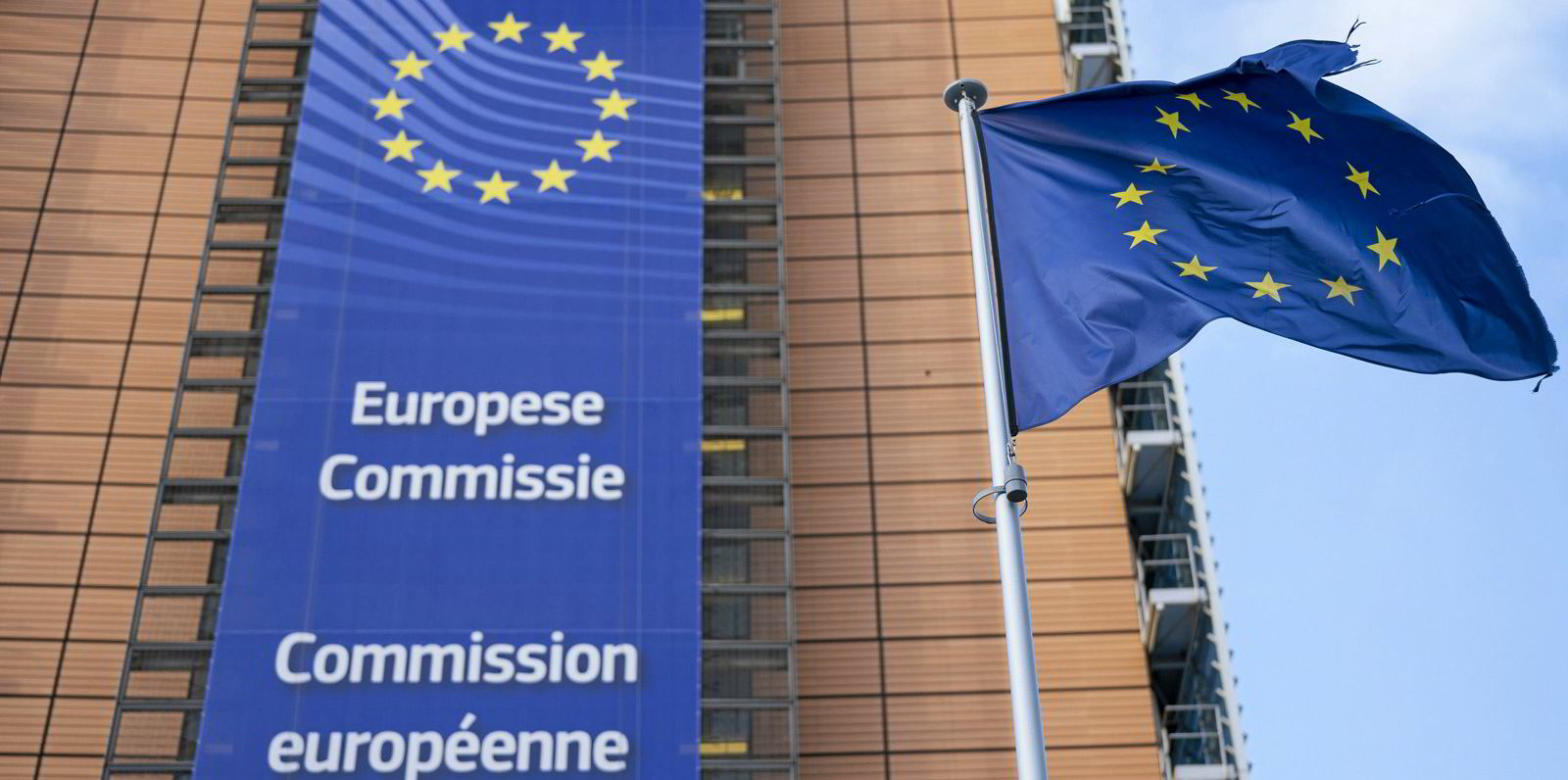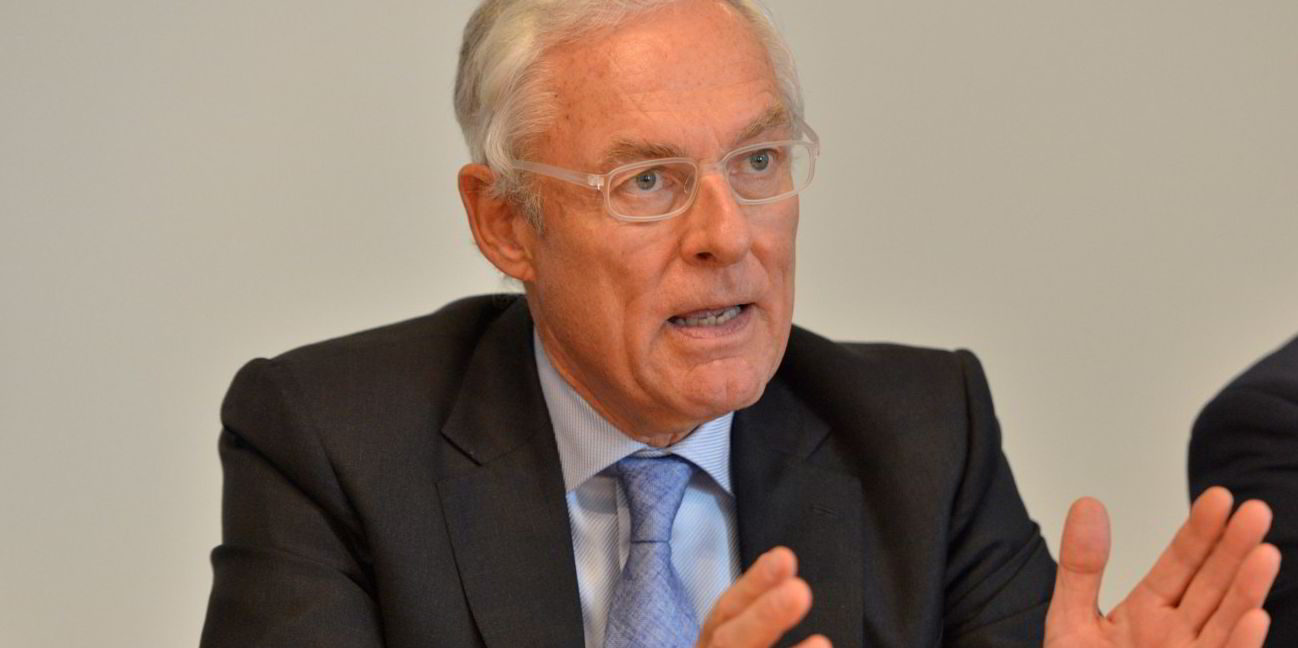The European Commission’s “Fit for 55” decarbonisation measures could disrupt marine fuel markets while encouraging limited uptake of renewable and low-carbon fuels, the International Bunker Industry Association (IBIA) said.
In July, the European Union’s executive body proposed an updated Energy Taxation Directive, the FuelEU Maritime initiative and the inclusion of shipping in the Emissions Trading System. The measures are part of a policy package aimed at reducing the EU’s greenhouse gas emissions by 55% from the 1990 levels by 2030.
“The proposals have the potential to disrupt the level playing field,” IBIA said on its website.
“The complexity these regulations would create for shipping companies and marine fuel suppliers is a concern, while their ability to shift demand from fossil fuels to renewable and low-carbon fuels in the next decade appear to be limited.”
Under the new taxation directive, the EC proposed to remove tax exemptions on marine fuel sales in the in the European Economic Area (EEA) in 2023.
IBIA, the largest trade body representing bunker suppliers, said this measure would result in a tax of nearly $45 per tonne for heavy fuel oil sold and used in the EEA.
“Globally, marine fuels are typically exempt from duty when sold to ships for international use, while fuels for domestic use are subject to duties set by individual countries,” IBIA said.
“That price difference would make bunker prices in EEA ports less competitive, potentially eliminating current price advantages of taking bunkers in EEA ports and cause a shift in bunker demand away from EEA ports.”
Separately, the FuelEU Maritime regulation will place a maximum limit on the greenhouse gase intensity of energy used by ships in Europe, which will be falling progressively based on rolling five-year targets from 2025 to 2050.
IBIA said the proposed 2% intensity cut in 2025 and 6% reduction in 2030 might not be sufficient in prompting ship operators to use low-carbon fuels in droves.
“The initial…improvement requirement may, at best, help establish a niche market for alternative fuels, most likely in Europe, and help reward early movers,” the organisation said.
The EC has also planned to ask bunker suppliers to document well-to-tank greenhouse gas emission factors on bunker delivery notes and provide certificates identifying the fuel production pathways.

Such certification could be “very complex” as new alternative fuels are “very likely” to be blends of components from different producers and production methods, IBIA said.
Also, the EC wants shipping companies to acquire allowances for all the carbon emissions from their vessels in voyages between European ports and 50% of the emissions in incoming and outgoing voyages.
IBIA believes this measure would have a “very limited” ability to stimulate update of alternative fuels based on the projected carbon price of €45 to €55 ($53 to $65) per tonne between 2023 and 2030.
“Moving to alternative fuels is not just about bridging the price gap with fossil fuels,” the organisation said. “Availability, technical feasibility of alternative fuels, regulatory safety standards and the level of investments needed to use them are also major factors.”
The “Fit for 55” package still needs to be approved by the EU’s national governments and European Parliament.






